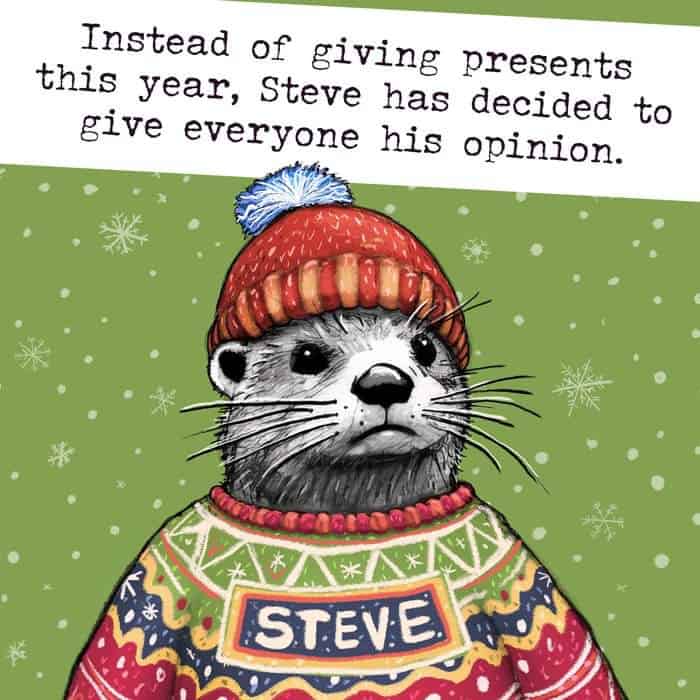
January: https://teamclock.com/allow-the-struggle-or-cushion-the-fall/
It’s always an option to bubble-wrap your successor. But you can only cushion so many falls. Eventually, we all need to learn how to fall and then, how to get back up. Accommodating uncultivated skills only prolongs skill development. Struggle is the best teacher.
February: https://teamclock.com/when-insecurity-shapes-leader-behavior/
A little insecurity – often in the form of humility – is a healthy trait. It keeps us grounded and committed to growth. Humble leaders earn the respect of their teams by listening, reflecting, and adapting to complex situations. They remain curious even when they are empowered to have all the answers.
March: https://teamclock.com/navigating-change-with-grace/
Remaining graceful during transitions is difficult for most of us. Everyone copes with change at a different pace. There are those who need to devote all of their energy to trumpeting the enormity of their pain. Still others are ready to get on with whatever the next stage brings and have little need to process feelings. Of course, most people fall between these extremes.
April: https://teamclock.com/the-russian-nesting-doll-model-of-teams/
Workplace culture only spreads organization-wide when it’s either positive and everyone buys in, or when it’s negative and has become a normalized pain. Otherwise, culture is stratified. It could be sour on the edge and sweet in the middle. It could be world-class in Seattle and broken in Chicago. The marketing team might be thick as thieves while the sales team is backstabbing.
May: https://teamclock.com/three-kinds-of-change/
The first change that draws most people’s attention is the unfair event that alters their stability. The second kind of change is the one that you, yourself, instigate. Others react to this one like you would respond to the first type. The third kind of change is constant and quiet. We age. Our teams evolve. Succession happens.
June: https://teamclock.com/whats-in-your-toolbox/
Some circumstances require action. Others necessitate time. Still others are better doing nothing. Yet we all have a favorite default way of responding to crisis. Imagine a toolbox with three tools: a hammer, a screwdriver, and a wrench. If my favorite tool is the screwdriver, I’m going to pound with the butt-end of it when I need a hammer. I’m going to wedge the blade of it against the side of the nut when I need a wrench. I love my screwdriver.
July: https://teamclock.com/are-you-unhappy-at-work-or-in-life/
There are always a handful of leaders whose wellness drives the culture of an organization. If they are healthy, their wellness shapes the vibe beneath them. If they are broken, however, the system moves to a position of constant readjustment to their volatility. If it were a marriage, it would be described as an abuse cycle.
August: https://teamclock.com/when-coping-skills-break-down/
There’s an invisible battle raging in each of us to decipher the complex world we live in. On one side is all the input bombarding our senses with the hope that our brains can decipher the data. On the other side lies all of our years of accrued experience predicting the way the world is supposed to behave. All too often, they don’t match up.
September: https://teamclock.com/the-painstaking-pleasure-of-patience/
Pleasure is the result of painstaking patience. The rewards that come from hard work are much different than the buzz that follows easy acquisition. Many of us partner in 5-generation workplaces where each age group has something unique and valuable to contribute to the culture. The current ‘silent’ and ‘boomer’ generations are slowly exiting their careers as Xers, Millennials, and Z’s take over the show. Hopefully, the lessons of the slow movers can be imparted to their speedy colleagues before they depart.
October: https://teamclock.com/the-case-for-flight-when-crisis-occurs/
Get acquainted with your own wiring and embrace its benefits. More importantly, appreciate the value that other personalities bring to the table, especially during crisis. The introverted resource-finder is just as important as the adventurous risk-taker. The adaptable observer is just as valuable as the focused doer. The patient student brings as much to the team as the eager beaver.
November: https://teamclock.com/the-choice-to-die-early/
Your level of engagement matters, whether you’ve decided to take up cello, invest in a partnership, contribute to a team, or shape organizational culture. It’s never a neutral impact. You’ll either illuminate or diminish anyone who happens to share your ecosystem. If you’ve decided to check out early, please don’t take others with you.
December: https://teamclock.com/insight-to-action/
Our reading selections are personal, subject to taste, and often chosen primarily for entertainment value. Not everyone reads to fuel growth and learning, yet no one is unchanged after taking in a work of art. Is it enough to think and feel differently or should insights be elevated to action? If my DNA has been altered, how will that show up for my teammates?
As we celebrate the last chapter of 2023, we welcome the collaborations about to unfold in 2024. Happy New Year from the Team Clock Institute!

